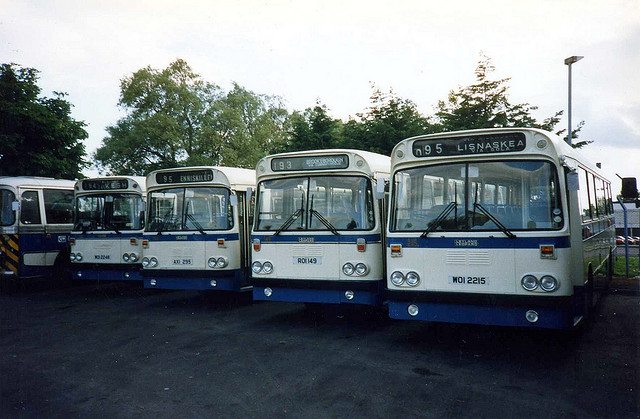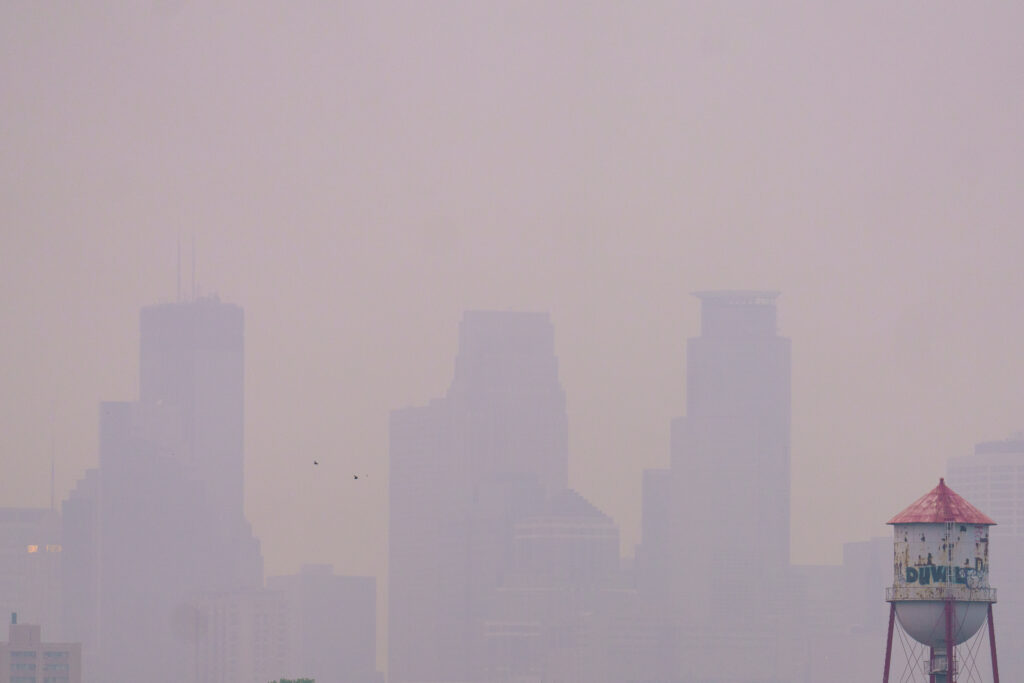As a D.C. Superior Court judge weighs a city-backed plan to open a charter bus depot in Ivy City, neighborhood advocates continue to rally against the project.
They fear the depot will bring more pollution – and respiratory problems – to their neighborhood.
In December 2012, Superior Court Judge Judith Macaluso buoyed the advocates’ hopes by granting a preliminary injunction banning use of a then almost-completed charter bus layover depot at the historic Alexander Crummel School.
The injunction found that Union Station Redevelopment Corporation (USRC) and D.C. Mayor Vincent Gray had failed to properly notify Ivy City’s Advisory Neighborhood Commission (ANC) and to fill out an Environmental Impact Study Form (EISF) before developing the site.
The judge prohibited use of the lot until these issues were brought into compliance. USRC and Mayor Gray appealed the decision and have since taken steps they say will satisfy the injunction requirements.
Yet residents, represented by attorney Johnny Barnes, insist the project should be submitted to a higher level of environmental review. After an April 25 status hearing, Barnes filed a supplemental memorandum reminding the court that the neighborhood, hemmed in by busy New York Avenue, as well as train yards, warehouses and city vehicle lots is “already surrounded by hundreds of diesel-fueled school buses” and other traffic.
“The U.S. Supreme Court has stopped a $100 million dam project to save fish and a $60 million dollar highway project to save spiders. This case is affecting the lives of low-income people,” Barnes noted at the hearing. “This isn’t about fish or spiders, it’s about Denise Johnson.”
Denise Johnson, a resident of Ivy City since February 2010, sat in the courtroom. Since moving to Ivy City, she said her mild asthma has been greatly exacerbated and she has developed sleep apnea – which she estimates wakes her up an average of 800 times per night. She must wear an oxygen mask she was given three months after the move at all times, and must also wear a continuous positive airway pressure machine mask each night for the sleep apnea.
“I don’t go outside much, it’s hard just to walk to the corner,” Johnson said.”You can tell how thick the air is after about half-a-block, that something is wrong.”
Some research has linked “coarse particulate matter” of the kind stirred up by traffic, such as asphalt granules and tire fragments, to sleep-disordered breathing.
The District of Columbia received an ‘F’ grade for its fine particulate matter (PM2.5) pollution levels, which includes vehicle emissions, in the American Lung Association’s (ALA) 2013 “State of the Air” report. Janice Nolen, a policy expert for ALA, explained that the combination of fine, ultra-fine, and coarse particulate matter make near-roadway (within 300-500 meters of a major road) air quality exceptionally dangerous.
Like Ivy City, 45 percent of North Americans live in this zone.
USRC lawyers acknowledge that the environmental impact of the charter bus lot is unknown.
“We hear Johnny Barnes, and he’s very elegant and passionate about this,” noted a USRC counsel before reiterating that there was no legal basis to keep the injunction in place now that the EISF has been filed. USRC points out that the lack of layover charter bus parking is denying the local economy valuable tourism revenue.
Superior Court Judge Herbert B Dixon, Jr., who presided over the April 25 status hearing, ruled for its continuation to May 16 to allow time for his staff to confer with Judge Macaluso’s staff.





